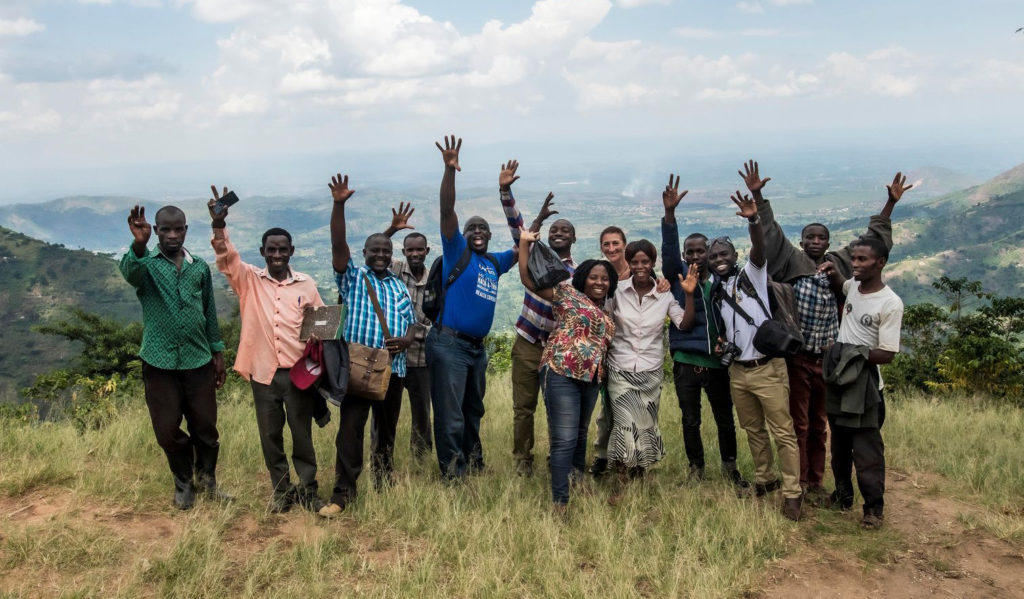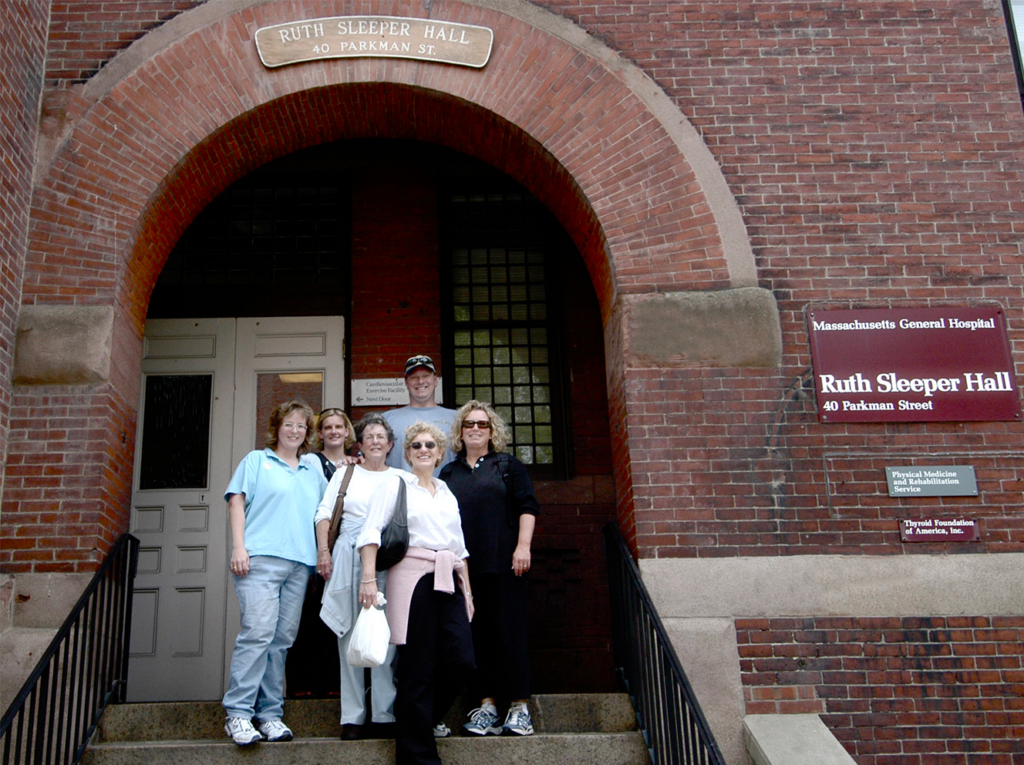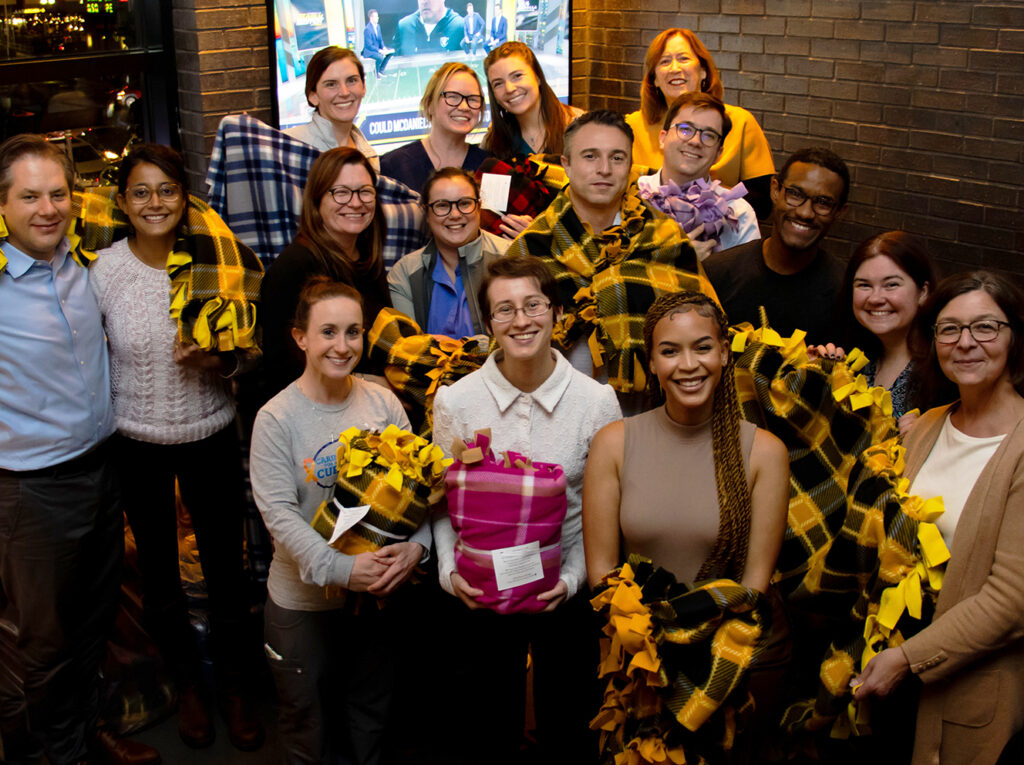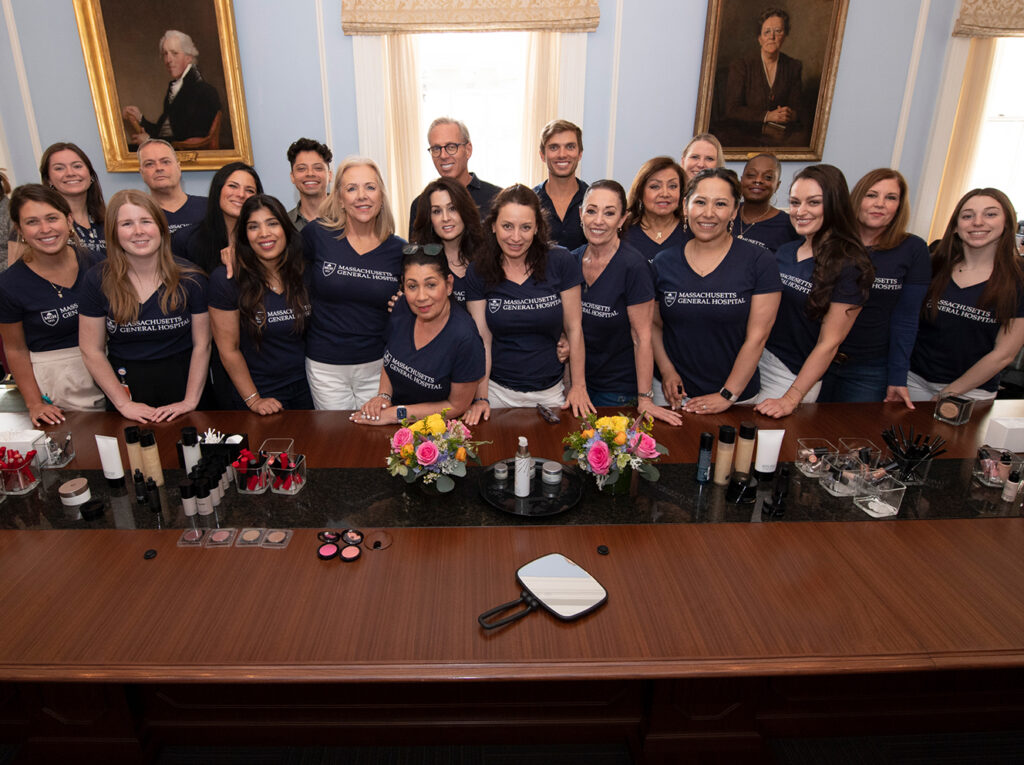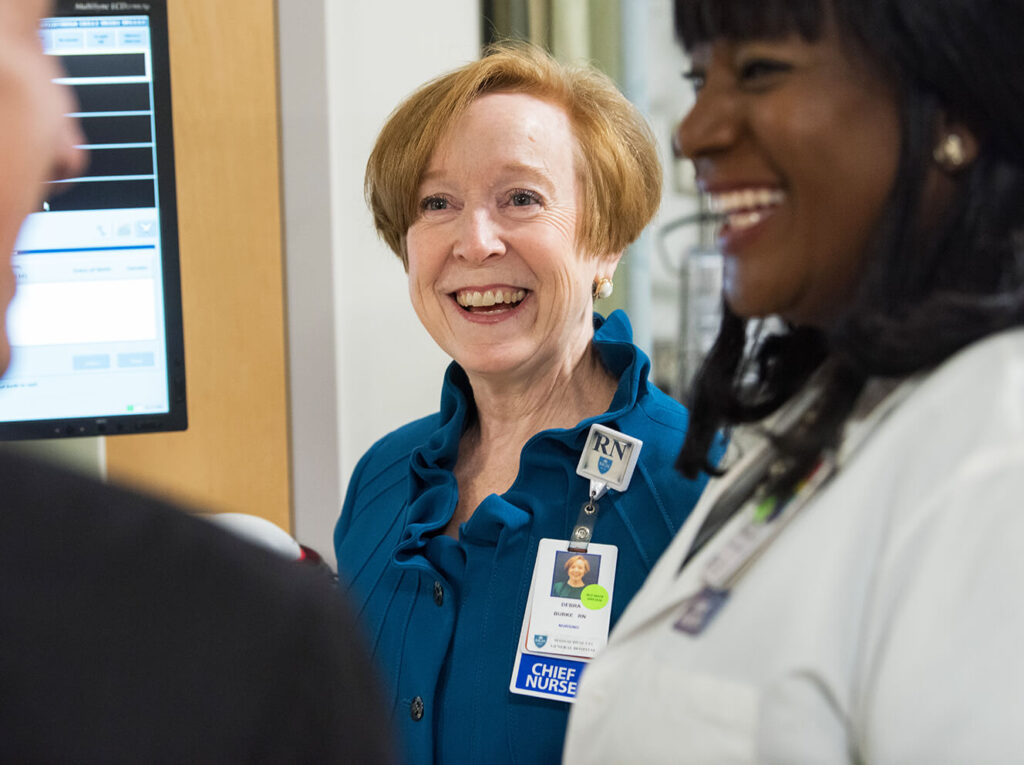On her first day in Mexico, Taina Perez, RN, met a young mother from Honduras. The woman, her husband and their three children had made the perilous, 1,500-mile journey from their home to the border city of Matamoros in the lower Rio Grande Valley, where they were waiting to enter the U.S. The family had come to the clinic that morning looking for COVID-19 tests, but the woman also complained of chest pain that radiated down her left arm.
Ms. Perez — a veteran member of Massachusetts General Hospital’s Blake 12 Intensive Care Unit (ICU) — knew that, given the woman’s age, her cardiac risk was low. After an examination, she and the other members of the care team determined the cause of the young mother’s pain was most likely anxiety and provided her with medication to manage it.
“Her children were malnourished and hungry. The family were living in a dangerous, overcrowded shelter, and they had no idea if or when they’d have a chance to cross,” Ms. Perez says. “It’s completely understandable.”

Ms. Perez is part of a team of Mass General caregivers who volunteered to help operate a migrant clinic just across the border from Brownsville, Texas. Since October 2020, Mass General has regularly deployed teams of doctors, nurse practitioners, midwives, nurses and technicians to Matamoros to provide care for asylum seekers from across Latin America and the Caribbean. The teams are organized, trained and operated by Mass General Global Disaster Response and Humanitarian Action (GDRHA). The program, in Mass General’s Center for Global Health, was founded in 2012 to leverage the expertise of the Mass General community in response to disasters and humanitarian crises around the world.
“Our philosophy is that we want to go where we can have greatest impact,” says Lindsey Martin, NP, director of GDHRA, and Ms. Perez’s colleague in the Blake 12 ICU. Until recently, that mostly meant responding to natural disasters — such as last year’s earthquake in Haiti. But in 2019, as migrant caravans, unaccompanied minors and family separations grabbed headlines, Ms. Martin and her team set their sights on the southern border.
“What we were seeing was a humanitarian emergency,” Ms. Martin says.
Borderline Critical
The Texas–Mexico border has long been a crossing point for people seeking sanctuary protection in the U.S. Today, tens of thousands of migrants — including many families — are crowded into shelters and camps in northern Mexico, awaiting immigration proceedings to legally enter the country. Some are fleeing political or religious persecution, interpersonal violence or the economic instability brought on by the pandemic. Others are climate refugees, displaced by the massive hurricanes that have lashed Central America in recent years. And many are in desperate need of medical care.
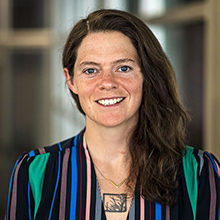
“When you respond to a natural disaster, most of the problems are acute — there are injuries, waterborne illnesses — but these issues flare and recede,” Ms. Martin says. “There’s no end in sight for asylum seekers at the border, unfortunately.”
The volunteers in the Matamoros clinic see their fair share of injuries and wounds, but they are just as likely to be addressing primary care needs, such as providing COVID-19 testing or helping patients manage chronic diseases like diabetes or hypertension. They also provide referrals to legal counsel and mental health resources.
“We’re seeing extremely high levels of mental and psychosocial trauma — and a lot of that is related to sexual assault,” Ms. Martin says. Migrant women and girls are at particular risk of sexual violence, with most incidents going unreported and unprosecuted.
The Path Forward
As the situation at the border shows no signs of resolving, Ms. Martin and her colleagues are looking for opportunities to expand options and basic services for the asylum seekers in Matamoros. Ultimately, though, it’s advocacy that will make the biggest difference, says Ms. Martin.
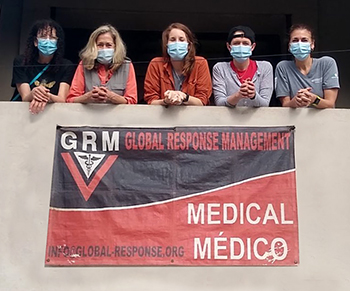
“We’re not going to fix the system by traveling to Matamoros, but our volunteers are bearing witness,” she says. “We can be a voice for the people we are treating in the face of the political stagnation that continues to trap them in these very insecure and dangerous circumstances.”
For Ms. Perez, who immigrated to the U.S. from the Dominican Republic as a child, her week at the migrant clinic gave her a new perspective on the opportunities she’s had. And she still thinks of the mother and family she met on that first day. “I wonder how she’s feeling, if the medication made any difference and if the children are getting enough to eat,” she says. “I’d go back in a heartbeat.”
To learn more about Mass General Global Disaster Response and Humanitarian Action, and how your support can transform global health care, systems and policy, contact us.

